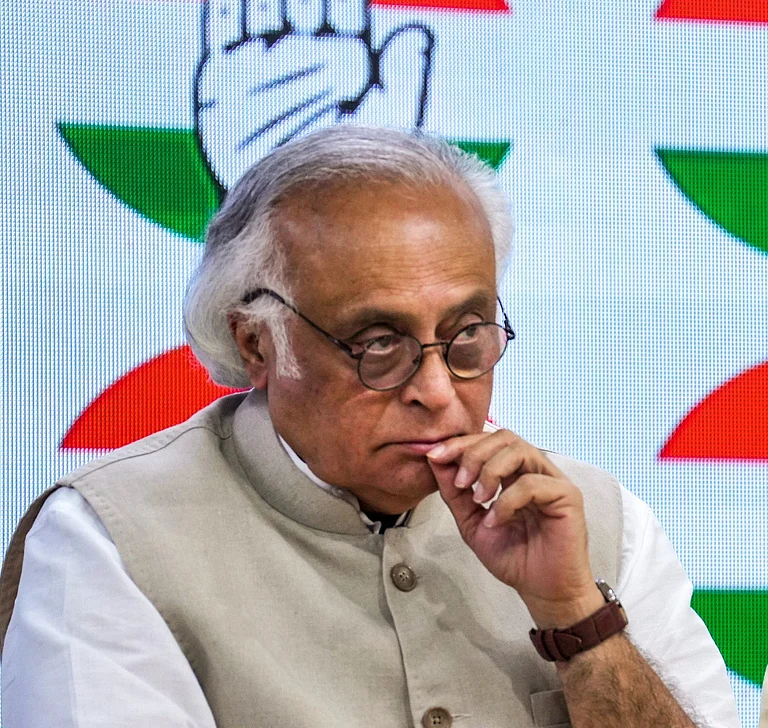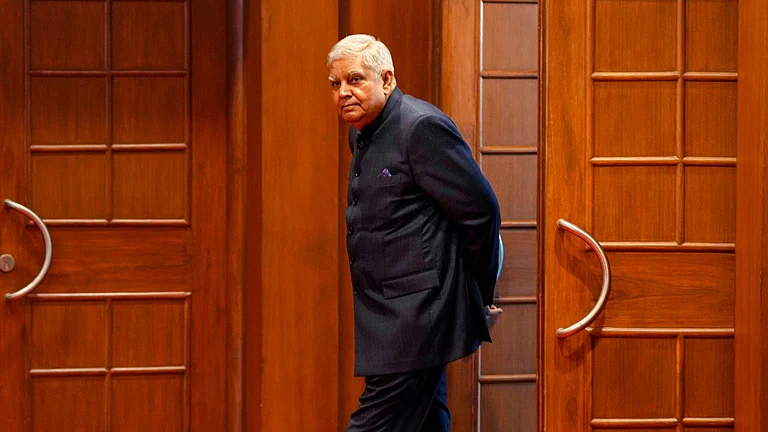Following the resignation of Jagdeep Dhankhar from the post of Vice-President, the election to choose his successor must be held without delay. In accordance with Clause (2) of Article 68 of the Constitution, any vacancy in the office of the Vice-President, whether due to death, resignation, removal, or any other reason, must be filled “as soon as possible”.
Importantly, the individual elected to the position will be entitled to hold office for a full term of five years, calculated from the date on which he or she enters office, rather than for the remainder of the outgoing Vice-President’s term. This ensures that the new office-bearer begins a fresh constitutional tenure upon assuming duties.
The Constitution, however, does not specify who is to discharge the functions of the Vice-President in the interim, should the office fall vacant due to resignation or other causes before the expiry of the term. Similarly, no explicit provision exists for a situation where the Vice-President assumes the responsibilities of the President.
Despite this silence, there is a clear constitutional provision concerning the role of Chairperson of the Rajya Sabha, a position held ex officio by the Vice-President. In the event of a vacancy, this role is to be performed by the Deputy Chairperson of the Rajya Sabha or by another member of the Upper House authorised by the President of India.
The Vice-President, who holds the second-highest constitutional office in the Republic, serves a five-year term. Nevertheless, he or she may continue in office beyond the expiry of the term until a successor is elected and assumes charge. A Vice-President may resign by submitting a letter to the President of India, with the resignation becoming effective from the date on which it is accepted.
While acting as President, the Vice-President does not perform the functions of the Chairperson of the Rajya Sabha, nor is he or she entitled to receive the salary or allowances that accompany that position during the acting period. Furthermore, the Vice-President is not permitted to hold any other office of profit during his or her tenure.
The election of the Vice-President is governed by Article 66 of the Constitution, which prescribes an electoral process conducted by an Electoral College consisting of members of both Houses of Parliament. The election is held in accordance with the system of proportional representation by means of a single transferable vote.
To be eligible for election to the post, a candidate must be a citizen of India, must have attained the age of thirty-five years, and must be qualified for election as a member of the Rajya Sabha. However, no person holding an office of profit under the Government of India, any State Government, or any subordinate local authority is eligible to contest.
As the constitutional guidelines call for a prompt election, it is expected that the necessary steps to fill the vacancy will be taken without undue delay to ensure continuity in this high constitutional office.





























